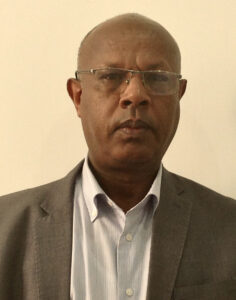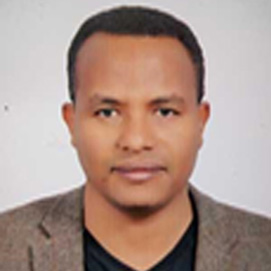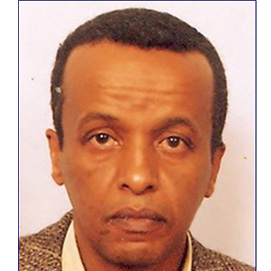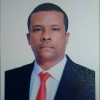About ACEWM
Mission
To produce competent M.Sc. and Ph.D. graduates, pursue problem-solving applied research in water management, and engage in scholarly community services at national and continental levels.
Vision
To become a leading accredited Center of Excellence in teaching, research and scholarly community engagement in Water Management in Africa by 2030.
Objective
The Objectives of ACEWM are to:
- Strengthen teaching and research capacity in water science and technology to train critical mass of human capacity required to address national and regional development needs,
- Enhance the capacity of faculty and students to conduct state-of-the-art research and scholarly activities in order to help solve regional problems in water management and climate change issues as well as provide trained research scientists and engineers to support national and regional development goals, and
- Provide training and support for the development and adoption of best practices in teaching, research, academic administration, and management through regional and international partnerships, coupled with the mobilization of African Diaspora scientists
Core Values
- Excellence: ACEWM commits itself to the attainment of the highest standards in academic performance by delivering high-quality programs, promoting excellence in research and engaging the community in all university functions.
- Innovation: ACEWM promotes the development of innovative ideas that are marketable and that address societal needs.
- Academic freedom: ACEWM upholds high academic freedom where all members of the center community exercise full right for free expression of thought, scholarly dialogue, and fact-based ideas.
- Responsibility and accountability: ACEWM ensure academic and non-academic responsibility and accountability through responsible decision-making and prudent management of resources entrusted to it.
- Integrity and honesty: ACEWM foster honesty, integrity, fairness, and ethical and professional codes of conduct in its teaching-learning, research, and managing of its resources.
- Inclusiveness: ACEWM embraces inclusiveness to facilitate the success of all stakeholders through working for a common good and promotes multicultural awareness, tolerance and participation in decision-making.
- Customer-focused: ACEWM strives to provide high-quality services and benefits to its customers effectively and efficiently.
Beneficiaries
ACEWM beneficiaries include students, faculty, and staff of the Center and partner institutions. Many women are able to pursue MSc and PhD studies, including international students in all PhD and MSc programs. The Center has also Faculty/Student exchange schemes. This scheme include both incoming and outgoing from/to national and international academic and other relevant institutions.Services sector employees are also benefiting from in-service trainings offered by the Center. Additionally, consultancy services are provided to various sectors such as Ministry of Water and Energy, Environment Forest and Climate Change Commission of Ethiopia, the Ethiopian Water Technology Institute and others. The Center is running monthly webinar series which is benefiting the wider audience in their professional development across the globe.
Facilities
ACEWM is located at the College of Natural and Computational Sciences, located in the very premise where the University College was established in 1950 (Arat Kilo campus), which is positioned at the heart of the historic as well as the world’s third diplomatic city, Addis Ababa in Ethiopia.
The Center has state-of-the art facilities for teaching, research and outreach. The major components include:
- Core water laboratory which is equipped with advanced and conventional analytical capability
- Smart class rooms combining face to face and online teaching
- Smart computational laboratories
- Strong ICT infrastructure
- Digital Library
- Excellent working office and space for PhD and MSc students
- Recreational facilities
- Accommodation primarily for regional students
Feleke Zewge (Prof.)
Beteley Tekola (PhD)
Dessie Nedaw (PhD)
Yonas Chebude (Prof.)
Wondwossen Mulugeta (PhD)
© 2024 ACEWM. All rights reserved.






